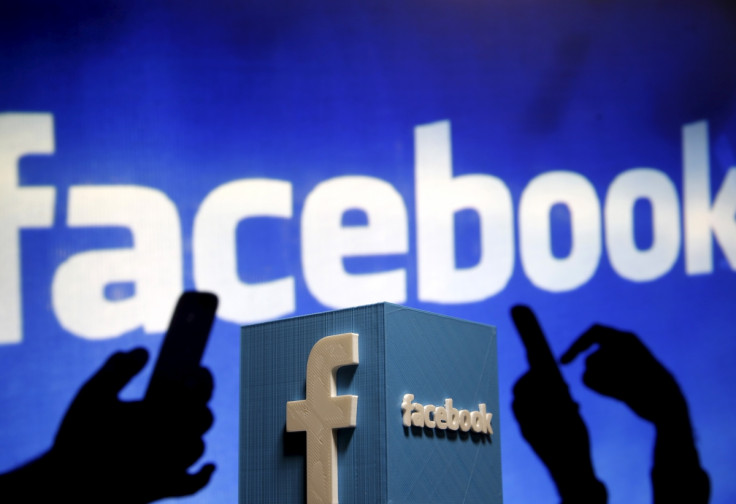Facebook trainers teaching virtual assistant to do their job

The built-in virtual assistant in Facebook's Messenger app, called M, is being trained by contractors at the social media giant to help it decide on replying with the best possible answers to users. The Menlo Park-headquartered company has not revealed much about the capabilities of the virtual assistant, which is presently available only to a few hundred users in San Francisco.
"Today we're beginning to test a new service called M. M is a personal digital assistant inside of Messenger that completes tasks and finds information on your behalf. It's powered by artificial intelligence that's trained and supervised by people," Facebook's VP of messaging products, David Marcus said in a Facebook post.
According to Quartz, BuzzFeed's Alex Kantrowitz, who tested out M, found the virtual assistant impressive as it could combine information from multiple requests, picking up on vague hints. The artificial intelligence, which was launched in August, uses implicit information and is believed to understand colloquial language. However, some of Kantrowitz's machine-driven tests did not go as well, and responses were delayed in some cases.
Facebook is using a technique called "deep learning", which is used in recognising patterns in enormous amounts of data. In the case of M, its artificial intelligence will partly come from humans, who are training it and recording the steps it takes to reach a specific response. The recordings will be used in M's deep-learning algorithm, to help it find patterns it can use to replicate decisions, without human intervention.
"Everything the trainers do, we record every step," Alex Lebrun of Wit.ai, a language-processing startup acquired by Facebook, told Wired in August. Even though the AI is improving because of the raw computational power and algorithmic efficiency, Lebrun said Facebook plans to continue using human trainers for years.
Further, Facebook's David Marcus said that the company may employ thousands of contractors to train the AI, which it noted would "represent a substantial economic investment".
© Copyright IBTimes 2025. All rights reserved.





















